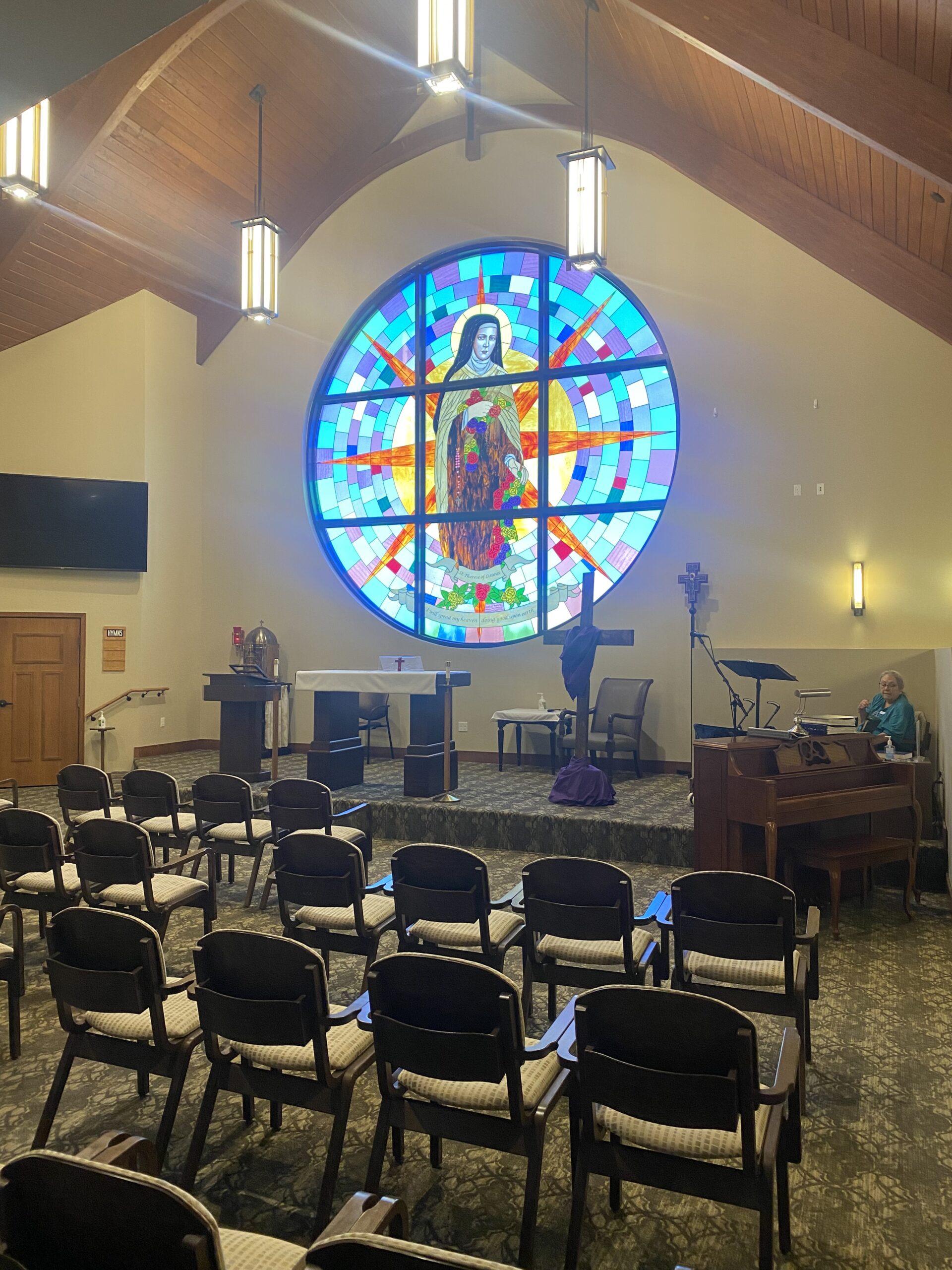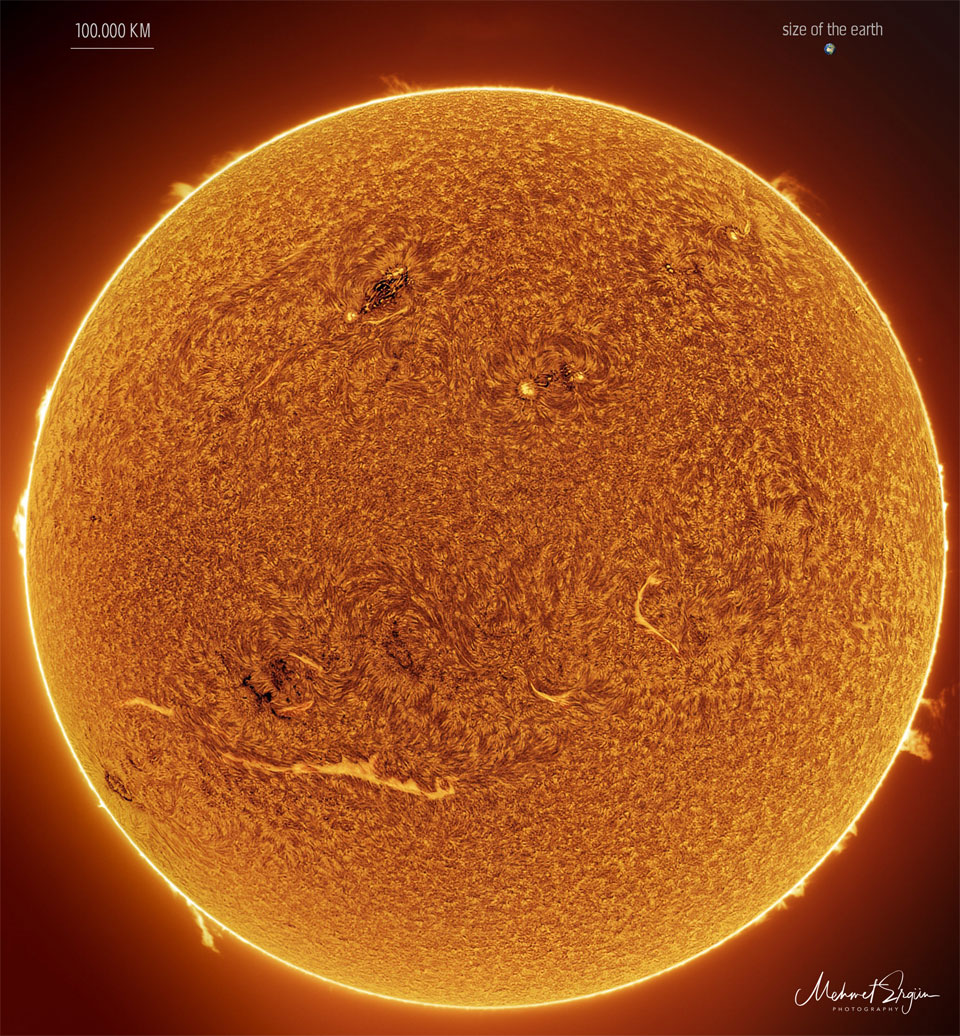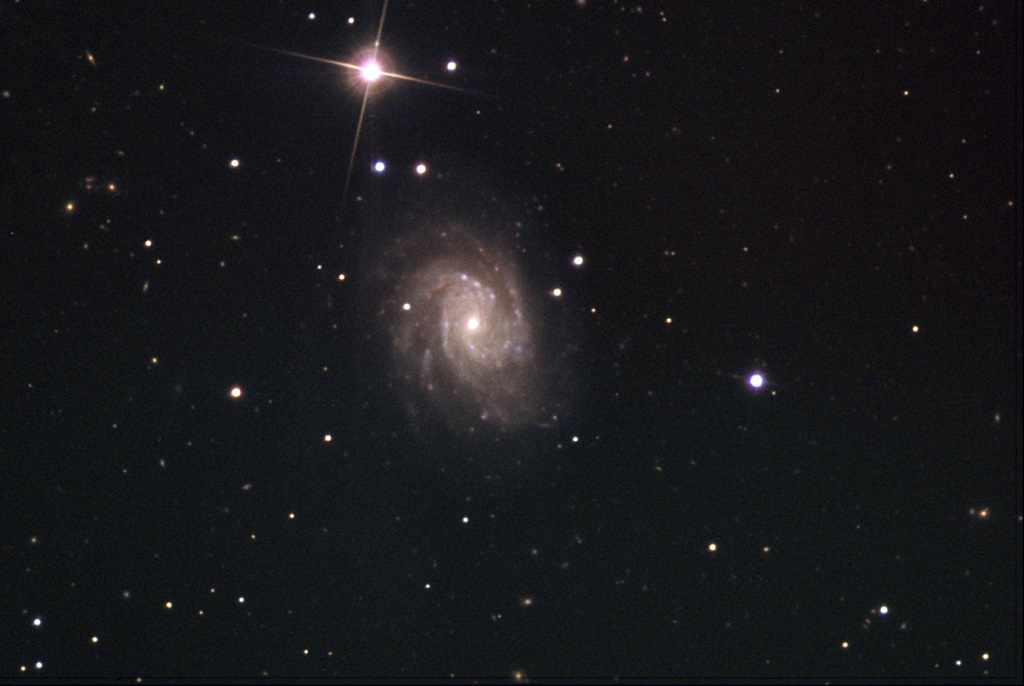Blog
Ma’soumeh Dadehbala ( Masume Dadebâlâ; April 10, 1942 – January 20, 1990), known professionally as Hayedeh was an Iranian singer with a contralto vocal range. Known for her wide range of voice, her career spanned over two decades, and she has been widely described as one of the most popular and influential musicians of Iran. On January 20, 1990, the day after a performance at the Casablanca Club, near San Francisco, California, Hayedeh died from a heart attack. She was 47 years old. She had a history of diabetes and hypertension.
more...
Kishori Amonkar (10 April 1932 – 3 April 2017) was an Indian classical vocalist, belonging to the Jaipur gharana, or a community of musicians sharing a distinctive musical style. She is considered to be one of the foremost classical singers in India.
She was a performer of the classical genre khyal and the light classical genres thumri and bhajan. Amonkar trained under her mother, classical singer Mogubai Kurdikar also from the Jaipur gharana, but she experimented with a variety of vocal styles in her career.
more...Located in the picturesque southern constellation of Centaurus, the Gum 41 nebula takes up most of this image brought to you by the VLT Survey Telescope, hosted at ESO’s Paranal Observatory in Chile. Let’s take a closer look at this intricate structure. 7,500ly
Set against a colorful backdrop of stars, Gum 41 is a pleasantly symmetric example of a Strömgren sphere: a shell of hydrogen gas atoms glowing in rosy hues due to the radiation of the dazzling central star. While this star, called HD 100099, may appear to be one very bright object, it is actually thought to be two young, massive stars orbiting in such a tight embrace that they cannot be separated at the scale of this image.
This romantic region is home to many pairs like this, including the luminous object on the lower right outskirts of the nebula, HD 99944. Sadly, the love story in these stellar couples will have a tragic ending: unlike our Sun, these hot and massive stars tend to have short lifetimes of only a few million years, and eventually there will be no young stars left to make the nebula glow. One day, Gum 41 will fade into transparency and be lost to future astronomers forever.
Gum 41 is also a member of a much larger region, affectionately called the Running Chicken Nebula. Whether Gum 41 forms the foot or the head of the chicken is surprisingly controversial.

Reuben Wilson (April 9, 1935 – May 26, 2023) was an American jazz organist in the soul jazz tradition. Widely sampled and influential among acid jazz musicians, he is best known for his album Got to Get Your Own.
Wilson was born in Mounds, Oklahoma, and his family moved to Pasadena when he was 5. He played in Los Angeles with drummer Al Bartee, then moved to New York to begin a recording career. In addition to playing with jazz musicians Melvin Sparks and Willis Jackson, Wilson led the local band Wildare Express. He remained active into his late 70s, until developing dementia. He died of lung cancer in New York City, on May 26 2023, at the age of 88.
more...Stephen Kendall Gadd (born April 9, 1945 Irondequoit, New York) is an American drummer, percussionist, and session musician. Gadd is one of the best-known and highly regarded session and studio drummers in the industry, recognized by his induction into the Modern Drummer Hall of Fame in 1984. Gadd’s performances on Paul Simon‘s “50 Ways to Leave Your Lover“(1976) and “Late in the Evening“, Herbie Mann‘s “Hi-jack”(1975) and Steely Dan‘s “Aja“(1977) are examples of his style. He has worked with other popular musicians from many genres including Simon & Garfunkel, James Taylor, Chick Corea, Chuck Mangione, Eric Clapton and Michel Petrucciani.
more...Beau De Glen “Mance” Lipscomb (April 9, 1895 – January 30, 1976) was an American bluessinger, guitarist and songster.
Lipscomb was born April 9, 1895, near Navasota, Texas. His father had been born into slavery in Alabama; his mother was half African American and half Native American. As a youth, Lipscomb took the name Mance (short for emancipation) from a friend of his oldest brother, Charlie. His father left home when he was a child, so he had to leave school after the third grade to work in the fields alongside his mother. For most of his life, Lipscomb supported himself as a tenant farmer in Texas. His mother bought him a guitar and he taught himself to play by watching and listening. He became an accomplished performer then and played regularly for years at local gatherings, mostly what he called “Saturday night suppers” hosted by someone in the area. He and his wife regularly hosted such gatherings for a while. Until around 1960, most of his musical activity took place within what he called his “precinct”, the area around Navasota, Texas.
He was discovered and recorded by Mack McCormick and Chris Strachwitz in 1960, during a revival of interest in the country blues. He recorded many albums of blues, ragtime, Tin Pan Alley, and folk music(most of them released by Strachwitz’s Arhoolie Records), singing and accompanying himself on acoustic guitar. Lipscomb had a “dead-thumb” finger-picking guitar technique and an expressive voice. He honed his skills by playing in nearby Brenham, Texas, with a blind musician, Sam Rogers.
more...Florence Beatrice Price (née Smith; April 9, 1887 – June 3, 1953) was an American classical composer, pianist, organist and music teacher. Born in Little Rock, Arkansas, Price was educated at the New England Conservatory of Music, and was active in Chicago from 1927 until her death in 1953. Price is noted as the first African-American woman to be recognized as a symphonic composer, and the first to have a composition played by a major orchestra. Price composed over 300 works: four symphonies, four concertos, as well as choral works, art songs, chamber music and music for solo instruments. In 2009, a substantial collection of her works and papers was found in her abandoned summer home.
Florence Beatrice Smith was born to Florence (Gulliver) and James H. Smith on April 9, 1887, in Little Rock, Arkansas, one of three children in a mixed-race family.
more...

Today Monday April 8th 2024 A total solar eclipse crosses North America today, with parts of 15 U.S. states within the path of totality. Maps show where and when astronomy fans can see the big event as skies darken in the middle of the day on Monday, April 8.
The total eclipse will first appear along Mexico’s Pacific Coast at around 11:07 a.m. PDT, then travel across a swath of the U.S., from Texas to Maine, and into Canada.
About 31.6 million people live in the path of totality, the area where the moon will fully block out the sun, according to NASA. The path will range between 108 and 122 miles wide. An additional 150 million people live within 200 miles of the path of totality.

Santiago Jiménez Jr. (aka Santiago Henriquez Jiménez) (born April 8, 1944) is an American folk musicianwho received a National Heritage Fellowship in 2000 for lifetime achievement in traditional Tex-Mex/folk music, and a National Medal of Arts in 2016. He has been nominated for three Grammys.
His father, Santiago “Flaco” Jiménez Sr. was a pioneer of conjunto music and pioneered the use of stringed bass (tololoche) in his work. His older brother Leonardo “Flaco” Jiménez is considered by many the greatest and most famous Tejano accordionist ever. Santiago recorded his first album with his brother Flaco at age 17.Unlike Flaco, who is noted for mixing his music with many styles outside the Tejano mainstream, Santiago has emulated his father and stuck with the formulas of accordion, guitar, and vocals.
Santiago has recorded over 700 songs on numerous labels. He also founded his own label, Chief Records. Santiago has performed on multiple continents and at many festivals.In 2012, Santiago and Flaco played together at the Tejano Conjunto Festival in San Antonio, the first time they were on the same stage since 1982.
more...Paul Jeffrey (April 8, 1933 – March 20, 2015) was an American jazz tenor saxophonist, arranger, and educator. He was a member of Thelonious Monk‘s regular group from 1970–1975, and also worked extensively with other musicians such as Charles Mingus, Dizzy Gillespie,[3] Clark Terry, Lionel Hamptonand B.B. King.
Born in New York City, Jeffrey attended Kingston High School. After graduating in 1951, he completed a Bachelor of Science degree in music education at Ithaca College in 1955. He spent the late 1950s touring with bands led by Illinois Jacquet, Elmo Hope, Big Maybelle, and Wynonie Harris. From 1960 to 1961, Jeffrey toured the US with B.B. King, after which he worked as a freelance musician in the New York City area and toured with bands led by Howard McGhee, Clark Terry, and Dizzy Gillespie.
more...Carmen Mercedes McRae (April 8, 1920 – November 10, 1994) was an American jazz singer. She is considered one of the most influential jazz vocalists of the 20th century and is remembered for her behind-the-beat phrasing and ironic interpretation of lyrics.
McRae was born in Harlem, New York City, United States. Her father, Osmond, and mother, Evadne (Gayle) McRae, were immigrants from Jamaica. She began studying piano when she was eight, and the music of jazz greats such as Louis Armstrong and Duke Ellington filled her home. When she was 17 years old, she met singer Billie Holiday. As a teenager McRae came to the attention of Teddy Wilson and his wife, the composer Irene Kitchings. One of McRae’s early songs, “Dream of Life”, was, through their influence, recorded in 1939 by Wilson’s long-time collaborator Billie Holiday. McRae considered Holiday to be her primary influence.
In her late teens and early twenties, McRae played piano at Minton’s Playhouse, sang as a chorus girl, and worked as a secretary. It was at Minton’s where she met trumpeter Dizzy Gillespie, bassist Oscar Pettiford, and drummer Kenny Clarke, had her first important job as a pianist with Benny Carter’s big band (1944), worked with Count Basie (1944) and under the name “Carmen Clarke” (having married Clarke) made her first recording as pianist with the Mercer Ellington Band (1946–47). But it was while working in Brooklynthat she came to the attention of Decca’s Milt Gabler. Her five-year association with Decca yielded 12 LPs.
more...NGC 514 is an intermediate spiral galaxy, located about 95.9 million light-years away from Earth in the constellation of Pisces (the Fishes), while it is receding from us at approximately 2,472 kilometers per second. It was discovered on October 16, 1784 by the German-British astronomer William Herschel.
This almost face-on galaxy has loosely wound spiral arms and a very bright center. It has a so called H II nucleus, meaning that NGC 514 has intense current bursts of star formation in its center.

Processed with MaxIm DL
Frederick Dewayne Hubbard (April 7, 1938 – December 29, 2008) was an American jazz trumpeter.
He played bebop, hard bop, and post-bop styles from the early 1960s onwards. His unmistakable and influential tone contributed to new perspectives for modern jazz and bebop.
Hubbard started playing the mellophone and trumpet in his school band at Arsenal Technical High Schoolin Indianapolis, Indiana. Trumpeter Lee Katzman, former sideman with Stan Kenton, recommended that he begin taking trumpet lessons at the Arthur Jordan Conservatory of Music (now the Jordan College of the Arts at Butler University) with Max Woodbury, principal trumpeter of the Indianapolis Symphony Orchestra. In his teens, Hubbard worked locally with brothers Wes and Monk Montgomery, and worked with bassist Larry Ridley and saxophonist James Spaulding.
In 1958, at the age of 20, he moved to New York and began playing with some of the best jazz players of the era, including Philly Joe Jones, Sonny Rollins, Slide Hampton, Eric Dolphy, J. J. Johnson, and Quincy Jones. On June 19, 1960, Hubbard made his first record as a leader, Open Sesame, at the beginning of his contract with Blue Note Records, with saxophonist Tina Brooks, pianist McCoy Tyner, bassist Sam Jones, and drummer Clifford Jarvis. Six days later he returned the favor to Brooks and recorded with him on True Blue.
more...More Posts
- World Music with Etran Finatawa
- Daily Roots with Melissa
- The Cosmos with NGC 55
- Leonard Cohen Day
- Chico Hamilton Day
- Tommy Potter Day
- World Musician Flamenco Fridays with Diego del Morao
- Daily Roots with Marla Brown
- Red Mitchell Day
- The Cosmos with NGC 6726, 6727, and IC 4812
- Eric Gale Day
- Eddie Bo Day
- World Music with Etnika Project
- Daily Roots with Askala Selassie
- Yom Kippur at Mt Zion
- The Cosmos with IC 5146
- David Bromberg Day
- Lol Coxhill Day
- Muhal Richard Abrams Day
- World Music with Mohammed Ahmed Sorour